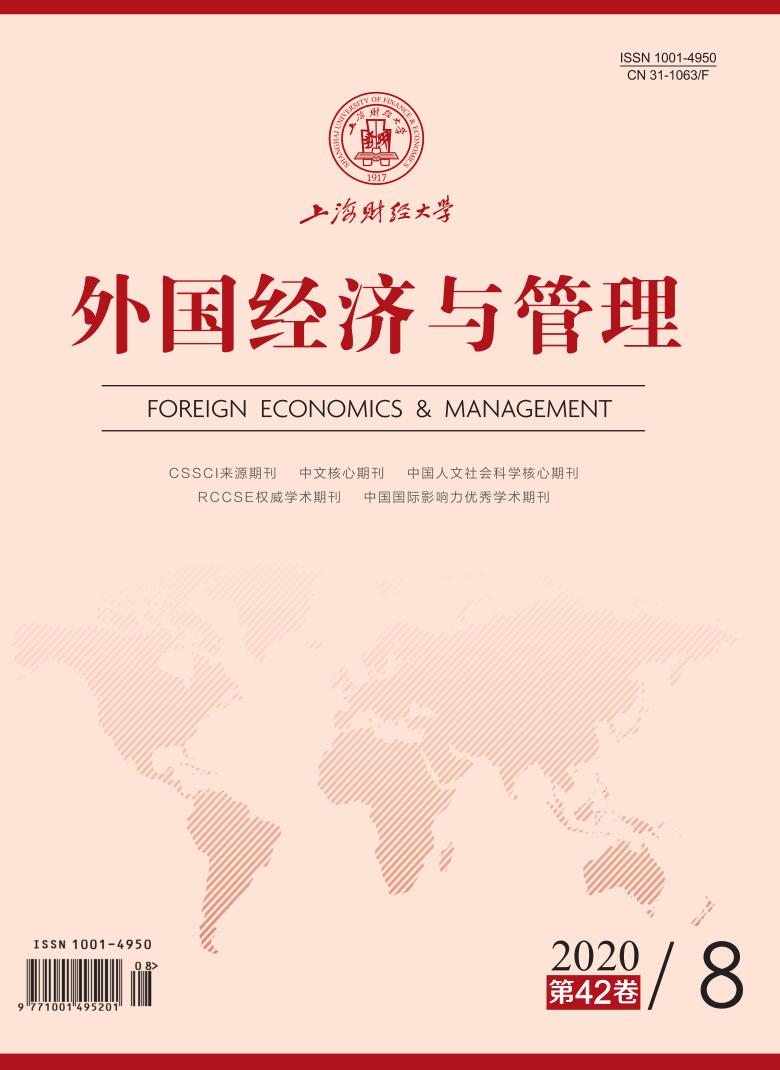As a traditional principle, conservatism principle is also known as prudence principle. It refers to the fact that in the market economy, due to the great risks and uncertainties the economic activities of enterprises are faced with, the conservatism principle generally summarized as “expecting possible loss, but not expecting possible income” is usually upheld by enterprises. As it is reflected in the accounting treatment, we ought to hold a conservative attitude (cautious attitude) towards the recognition of revenue, expense or loss. Specifically, possible losses or liabilities should be fully estimated, while possible revenues or gains should not be generally recognized, or must be estimated with great care. Accounting conservatism was first proposed by Basu in 1997 from the perspective of empirical study. Since then, the definition of accounting conservatism has been gradually accepted by scholars and constantly revised in practice. Accounting conservatism requires enterprises to be more cautious when facing good news than when facing bad news, that is, they should not underestimate assets or earnings, nor underestimate liabilities and expenses. Independent directors with accounting background can reasonably use their professional judgment to measure the degree of conservatism of accounting recognition. This paper examines the network contagion effect of accounting conservatism from the perspective of the chain phenomenon of independent directors with accounting background. Based on the relevant data of listed companies in Shanghai and Shenzhen A-shares in China from 2004 to 2017, it finds that, due to the concurrent appointment of independent directors with accounting background, the accounting conservatism of interlock companies share similarities (that is the contagious effect of account), that is, when different companies have the same directors, accounting conservatism between companies share a certain numerical similarity, and the higher the network centrality of directors is, the more significant the contagious effect is. Through further research, we find that the contagious effect is obvious in areas with high level of marketization, the possible reason is that the regions with high marketization level have higher efficiency of information transmission, so companies in such environment are also more sensitive to the processing and feedback of heterogeneous information; The contagious effect of state-owned enterprises is significantly larger than that of non-state-owned enterprises, the possible reason is that the diversified management of private enterprises weakens the contagious effect caused by the chain of directors. From the perspective of sociology, this paper uses the network centrality to measure the degree of director interlocks, which enriches the related researches on corporate governance from a network perspective. In fact, there are a lot of paths between directors for information transmission. However, limited by data sources, our research cannot obtain and quantify all the social relations of each director, nor can it accurately investigate all the channels of information transmission among directors. In future research work, the other similar characteristics between companies caused by board interlocks can be further researched.
 / Journals / Foreign Economics & Management
/ Journals / Foreign Economics & ManagementForeign Economics & Management
JIN Yuying, Editor-in-Chief
ZhengChunrong, Vice Executive Editor-in-Chief
YinHuifang HeXiaogang LiuJianguo, Vice Editor-in-Chief
Can Accounting Conservatism Be Contagious? Analysis from the Perspective of Network Centrality
Foreign Economics & Management Vol. 42, Issue 08, pp. 139 - 152 (2020) DOI:10.16538/j.cnki.fem.20200508.201
Summary
References
Summary
[1] Chen Deqiu,Wei Gang,Xiao Zezhong. Law Efficiency,Financial Deepening and Family Control Preferences[J]. Economic Research Journal,2013,(10):55-68.
[2] Huang Haijie,Lv Changjiang,Ding Hui.The Reputation of Independent Directors and Earnings Quality:Analysis from the Perspectives of Independent Directors with Financial Background[J]. Management World,2016,(3):128-143.
[3] Li Qingyuan,Zhang Xiaoxing,Wang Hongjian. Independent Board Interlocks and the Contagion Effect of Earnings Quality[J]. Finance Research,2015,(4):24-36.
[4] Liang Shangkun,Chen Dong,Fu Bin,et al. Network Centrality of Independent Directors and Accounting Conservatism[J]. Accounting Research,2018,(9):39-46.
[5] Lu Changchong,Chen Shihua. Reconstructed Fracture Connection:Board Interlocks and its Organizational Functions[J]. Management World,2009,(5):152-165.
[6] Xie Deren,Chen Yunsen. Board Network:Definition,Characteristics and Measurement[J]. Accounting Research,2012,(3):44-51.
[7] Cai Y, Sevilir M. Board connections and M&A transactions[J]. Journal of Financial Economics, 2012, 103(2): 327-349.
[8] Chiu P C, Teoh S H, Tian F. Board interlocks and earnings management contagion[J]. The Accounting Review, 2013, 88(3): 915-944.
[9] Cullinan C P, Wang F J, Wang P, et al. Ownership structure and accounting conservatism in China[J]. Journal of International Accounting, Auditing and Taxation, 2012, 21(1): 1-16.
[10] Dhaliwal D, Naiker V, Navissi F. The association between accruals quality and the characteristics of accounting experts and mix of expertise on audit committees[J]. Contemporary Accounting Research, 2010, 27(3): 787-827.
[11] Francis J R, Michas P N. The contagion effect of low-quality audits[J]. The Accounting Review, 2013, 88(2): 521-552.
[12] Jorion P, Zhang G Y Credit contagion from counterparty risk[J]. The Journal of Finance, 2009, 64(5): 2053-2087.
[13] Khan M, Watts R L. Estimation and empirical properties of a firm-year measure of accounting conservatism[J]. Journal of Accounting and Economics, 2009, 48(2-3): 132-150.
[14] Lara J M G, Osma B G, Penalva F. Accounting conservatism and firm investment efficiency[J]. Journal of Accounting and Economics, 2016, 61(1): 221-238.
[15] Suijs J. On the value relevance of asymmetric financial reporting policies[J]. Journal of Accounting Research, 2008, 46(5): 1297-1321.
Cite this article
Zhao Yan, Hou Rui, Chen Yi. Can Accounting Conservatism Be Contagious? Analysis from the Perspective of Network Centrality[J]. Foreign Economics & Management, 2020, 42(8): 139-152.
Export Citations as:
For





 11143
11143  6990
6990

